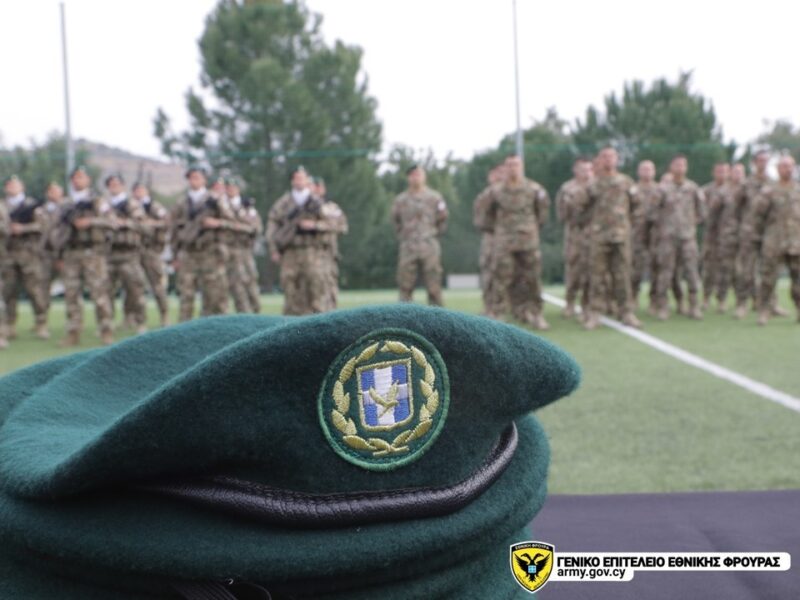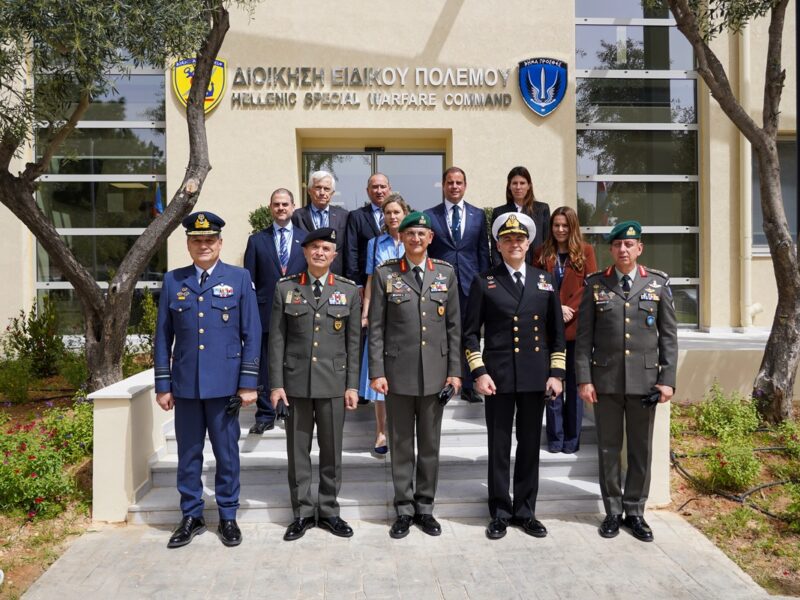By Kostas A. Lavdas, Professor of European Politics at Panteion University
In Samarkand, the historic city of Uzbekistan, this year’s session of the Shanghai Cooperation Organization will take place. The organization, which was founded in 2001 on the basis of the older “Shanghai Five” format (1996), today includes – after the 2017 enlargement – China, Russia, Kazakhstan, Kyrgyzstan, Tajikistan, Uzbekistan, Pakistan and India.
In 2021, the Organization reached an agreement with Tehran, under which Iran will become its ninth member in 2023. This is an evolving framework of economic and political cooperation, which includes security among its declared goals.
Several topics on the agenda, including the promotion of the “dedollarisation” (dedollarisation) of regional transactions and the prospects of expanding the organization. In this context, after Russia, China also stated that it supports the further strengthening of relations between Turkey, Egypt, Qatar, Saudi Arabia and the Shanghai Cooperation Organization.
Meanwhile, Turkey has already indicated its desire to join BRICS, the established organizational expression of economic and trade cooperation between Brazil, Russia, India, China and South Africa.
At the recent BRICS summit, in June 2022, officials of the Organization condemned Western sanctions on Russia while also stating that Egypt, Saudi Arabia and Turkey are expected to gradually join the group. On the sidelines of the recent and previous sessions, countries such as Argentina, Indonesia, Kazakhstan, Nigeria, the United Arab Emirates and Thailand were also discussed. And Turkey.
Certainly these are strikingly interesting and strange orientations, if we consider that we are referring to a NATO member since 1952, when it joined the Euro-Atlantic alliance in its first enlargement together with Greece. (then) West Germany had followed shortly after in 1955.
On the other hand, we must also consider that we are living in a changing world. Despite appearances, the new world will be polycentric, which is evident not only from developments beyond the West but also from those within it.
Ankara appears to be aware of this emerging reality, but reads it through the specific prism of its evolving revisionist and expansionist strategy. In the emerging polycentric world, powerful regional actors have an enhanced role, regional conflicts are more likely and frequent, and some, at least, of the alliances are malleable and dependent on the individual issues that arise.
Certainly the various non-Western centers do not constitute – at the moment – a block. Not even close. The “opposites” in the West constitute a very important and powerful sum but the differences between them remain critical. China has, in total, trade relations with the USA and Europe that reach 1.3 trillion. dollars. He doesn’t want to lose them.
At the same time, despite the important convergences within the BRICS, India-China relations remain difficult and tense. The war in Ukraine has, however, strengthened the cohesive elements among many – but not all – non-Western regional and international actors.
In the meantime, Turkey, through its president, is now openly threatening to invade the Greek islands of the eastern Aegean. Since the winter, I have been pointing out that instead of looking forward to calm waters, the Greek side should warn everyone that while the northern and northeastern wing of NATO is being reinforced impressively, the southeastern wing of the alliance is in danger of collapsing soon. With what this will entail for regional and international balances.
Orientation in a potentially pluralistic international environment is not, in itself, a problem. The issue with the shrewd Mr. Erdogan is to specifically read this environment through the prism of the revisionist, expansionist Turkey he envisions. This specific prism looks for windows of opportunity not so much to seek benefits through the improvement of multiple relations but – above all – to secure achievements at the expense of neighboring countries. With reference to the “blue homeland”, i.e. the attempt to establish Turkey also as a maritime power, any actions taken will be at the expense of Greece.
With the war in Ukraine continuing and entering increasingly difficult phases where neither side is motivated to negotiate immediately, Erdogan’s reading of the Turkish interest may lead Ankara to further escalation within NATO.
Although a war of attrition may go on for months and years, the Ukrainian counteroffensive – with critical Western support – is gradually leading the Kremlin to a dilemma: escalation with full military mobilization of the Russian Federation or seeking a diplomatic exit with an agenda of retreat. In any case, Putin will find it difficult to survive politically if Dobas is lost, let alone if the earlier (2014) annexation of Crimea is contested.
In short, the more difficult Putin is in Ukraine, the more important Erdogan becomes in the context of the “competitive complementarity” that I have been highlighting for a decade. As usual, Russia is investing in the cracks of Euro-Atlantic cooperation. But especially in today’s difficult times, a war within NATO would be Erdogan’s greatest gift to Putin.


